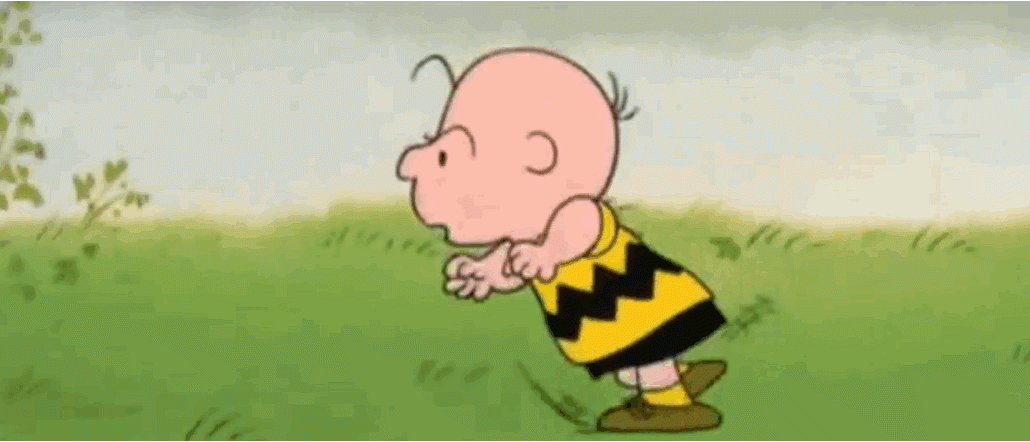Last chance to save on Digiday Publishing Summit passes is February 9

Facebook is a darling of Wall Street, but it is ruffling some feathers on Madison Avenue.
That would seem peculiar since Facebook’s ad business is humming to the tune of $2.3 billion in the fourth quarter of 2013, a more than 76 percent increase from the same quarter a year before. But according to several ad agency executives, Facebook is still mostly indifferent to their needs to the point of arrogance.
One point of frustration is Facebook’s ongoing squeezing of traffic to organic brand content. A digital agency exec described a recent meeting with Facebook that turned contentious. In what was meant to be a routine meeting, the exec said the Facebook rep told him the brands the agency works with would now have to pay Facebook for the same amount of reach they once enjoyed automatically. That position and Facebook’s perceived attitude have led to some disillusionment on Madison Avenue, where many bought into the dream peddled by Facebook that brands could set up shop on the platform as “publishers” and amass big audiences on their own.
“We’ve lowered our expectations from Facebook in regards to collaboration and partnership,” said Jeffrey Melton, chief distribution officer at digital agency MRY. “At this point, we’re so used to it. Facebook is kind of like your C student who is not failing, but they’re definitely not your A student looking to be the class leader.”
Facebook declined a request to comment.
The cruel irony in all of this is that brands themselves greatly helped Facebook by giving it free advertising in their TV commercials and sites, urging their customers to “like” the brand — and paying Facebook to pile up likes. Facebook has returned the favor by choking off brands’ access to those communities. That’s one expensive and frustrating lesson that it’s better to own than rent.
“Facebook may be pulling off one of the most lucrative grifts of all time; first, they convinced brands they needed to purchase all their fans and likes — even though everyone knows you can’t buy love; then, Facebook continues to charge those same brands money to speak to the fans they just bought,” said James Del, head of Gawker’s content studio.
Agency execs are seeing brand posts reach a smaller percentage of their page’s followers on Facebook, meaning organic reach for the standard brand post is down. After telling brands and their agencies that accumulating followers and creating viral posts were key to giving good Facebook, Facebook has adopted a more traditional, pay-to-play advertising model, and it has caused some strain between Facebook and agencies.
“All brands across all agencies across the world are experiencing this,” said Jill Sherman, director of social and content strategy at DigitasLBi,. “Now it’s just viral content getting reach, and everything else just kind of goes flat. It doesn’t mean a brand post doesn’t get any reach; it just gets less.”
There’s more than just client concerns at play here. Facebook is not yet good at the agency game, where buyers are used to being wined and dined. Like Google before it, Facebook often gives off a blunt, “this is how it is” approach. Agencies are under more pressure to prove their worth and fear being cut out of the equation by technology platforms.
“When you compare the strategic savvy of the Facebook reps to the Twitter reps, it’s night and day,” Melton said. “Twitter is patient, they listen, they do custom research. Facebook has their talk track, they have their solution, and they tend to be incredibly aggressive.”
And with all that said, agencies have little choice but to buy Facebook. The old adage was, “Nobody gets fired for buying IBM.” These days in advertising, the same could be said for Facebook, which, with Instagram, gobbles up an estimated 12.5 percent of people’s desktop browsing time and 20 percent on mobile, according to COO Sheryl Sandberg.
“The value of a platform like Facebook is so rich in terms of what you can understand about your followers, and that’s growing exponentially,” Sherman said.
Then again, there’s always a new platform more than willing to dethrone Facebook. A year ago, Facebook asked Del to buy likes for Gawker’s content studio, he said. He experimented with the practice, only to quickly abandon it because it didn’t yield “quality likes” — likes from real users. As such, only 5 percent of Gawker’s content studio posts come from Facebook, a figure that’s been steady recently, he said.
“Facebook has a reputation of twisting your arm and threatening your first born,” Del said. “But you can bully people around until brands come around and realize they don’t need Facebook anymore. Monopolies don’t really exist on the Internet.”
More in Media

Brands invest in creators for reach as celebs fill the Big Game spots
The Super Bowl is no longer just about day-of posts or prime-time commercials, but the expanding creator ecosystem surrounding it.

WTF is the IAB’s AI Accountability for Publishers Act (and what happens next)?
The IAB introduced a draft bill to make AI companies pay for scraping publishers’ content. Here’s how it’ll differ from copyright law, and what comes next.

Media Briefing: A solid Q4 gives publishers breathing room as they build revenue beyond search
Q4 gave publishers a win — but as ad dollars return, AI-driven discovery shifts mean growth in 2026 will hinge on relevance, not reach.





